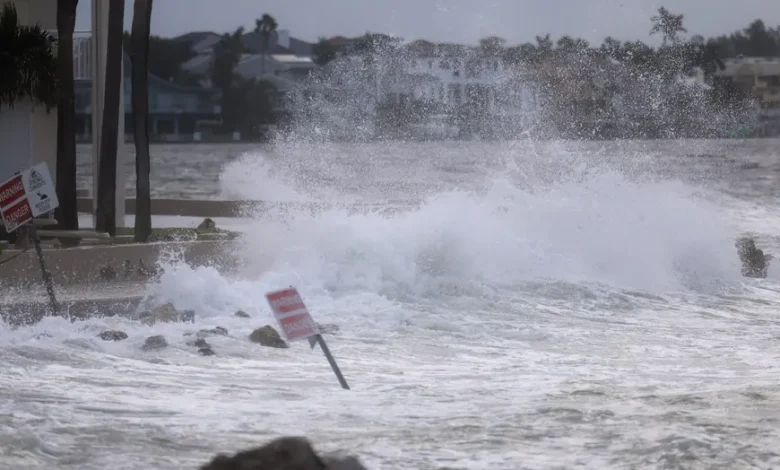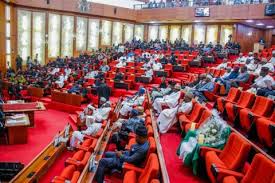Hurricane Oscar Strikes Cuba, Leaving Six Dead and a Major Power Outage

Hurricane Oscar made landfall in eastern Cuba over the weekend, resulting in six fatalities and a nationwide power blackout affecting the entire country. The storm caused significant damage, particularly in the Guantanamo province, and the power grid collapsed after the country’s largest power plant shut down unexpectedly.
As of Monday afternoon, nearly 90% of Havana’s two million residents had their electricity restored, although many areas outside the capital remained in darkness. Residents expressed relief at the return of power, with some, like Olga Gomez, sharing the struggles of managing family responsibilities during the blackout.
The hurricane, which initially struck as a Category 1 storm, weakened as it moved inland but continued to pose risks of flash flooding and mudslides, as warned by the US National Hurricane Center. State television reported widespread damage, including destroyed roofs and fallen trees, compounding the country’s existing economic struggles.
President Miguel Diaz-Canel acknowledged the fatalities and damage during a televised address, emphasizing that the government would not tolerate any attempts to disturb public order in the face of growing dissatisfaction. The blackouts have reignited frustrations reminiscent of the protests seen in July 2021, when widespread power outages led to public demonstrations against the government’s handling of economic issues.
The power outage has severely impacted businesses, with many residents lamenting spoiled food and disrupted daily life. The head of the energy ministry indicated that the failure was due to the unexpected shutdown of a key coal-fired power plant, a part of Cuba’s aging infrastructure.
To address the ongoing power crisis, the government has leased floating power plants and deployed diesel generators, but challenges persist, particularly in securing fuel a situation exacerbated by the long-standing US trade embargo. With the island facing one of its worst economic crises since the Soviet Union’s collapse, many Cubans voiced their frustrations, highlighting the urgent need for sustainable solutions to the country’s systemic issues.





